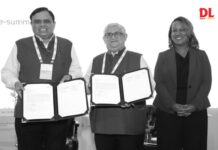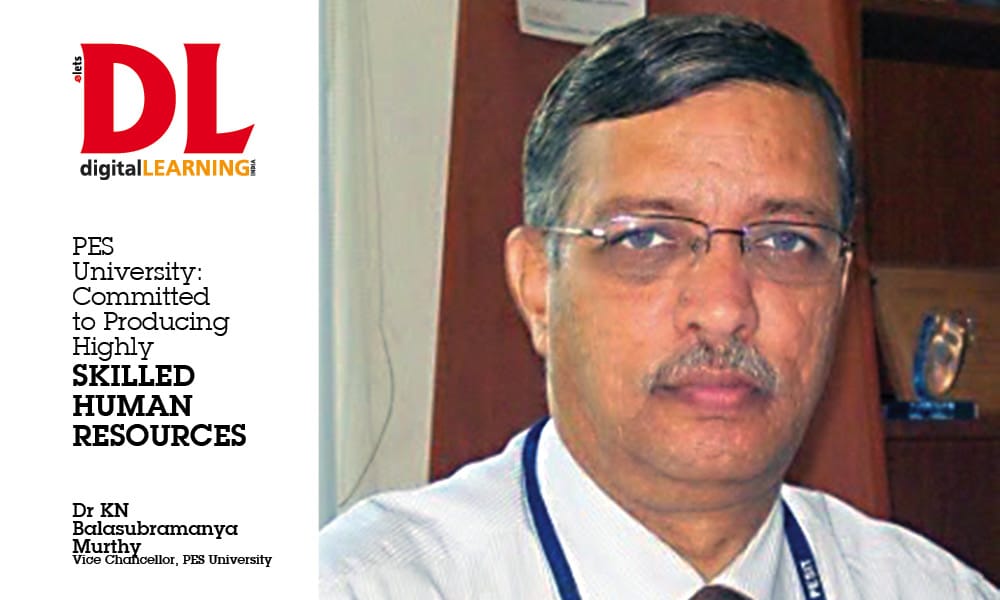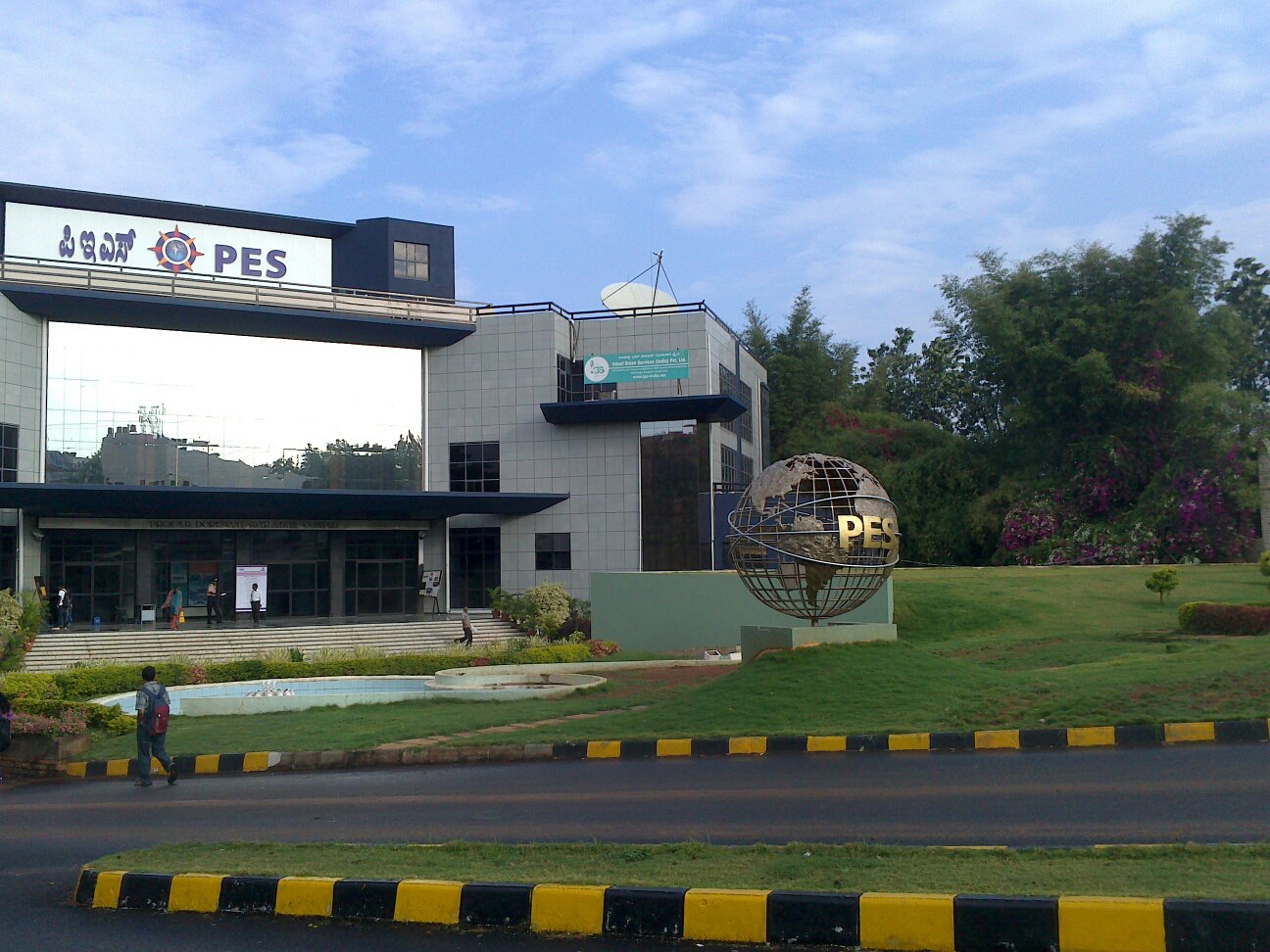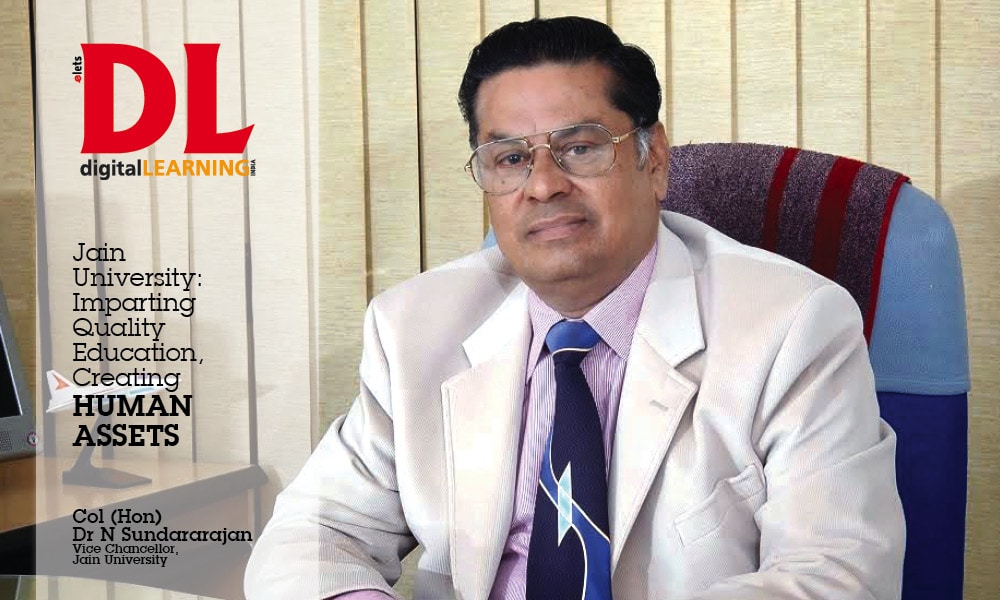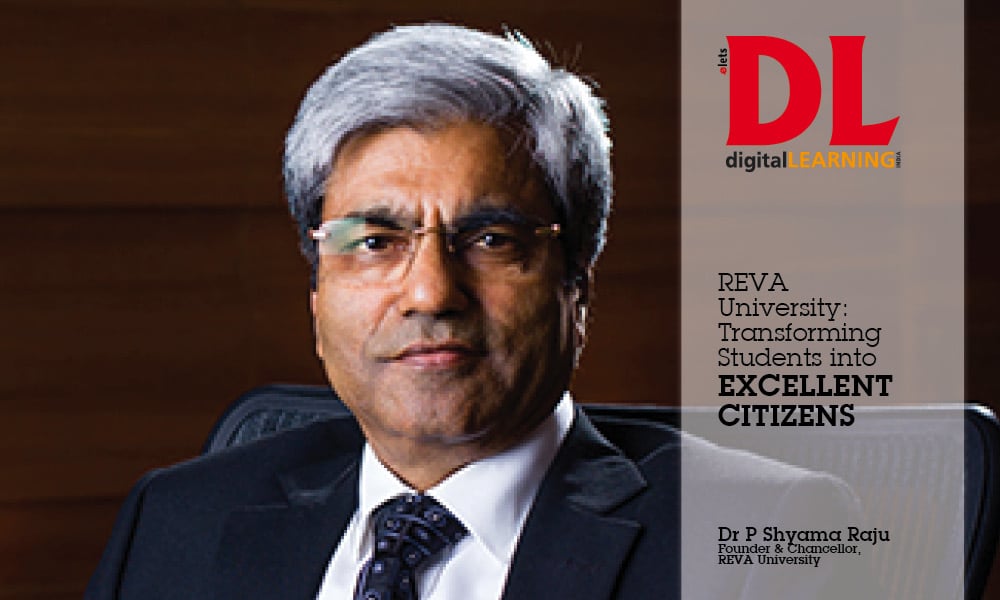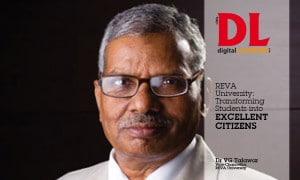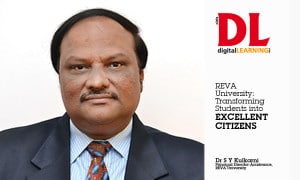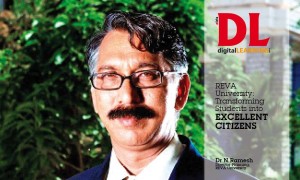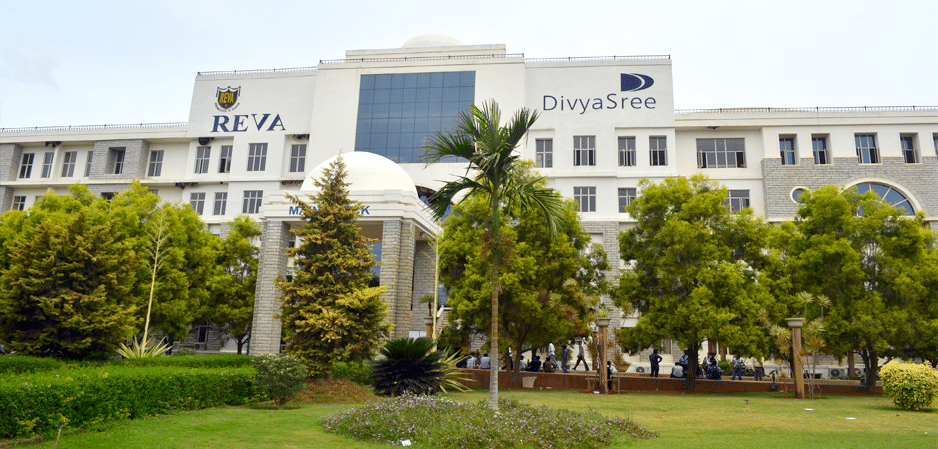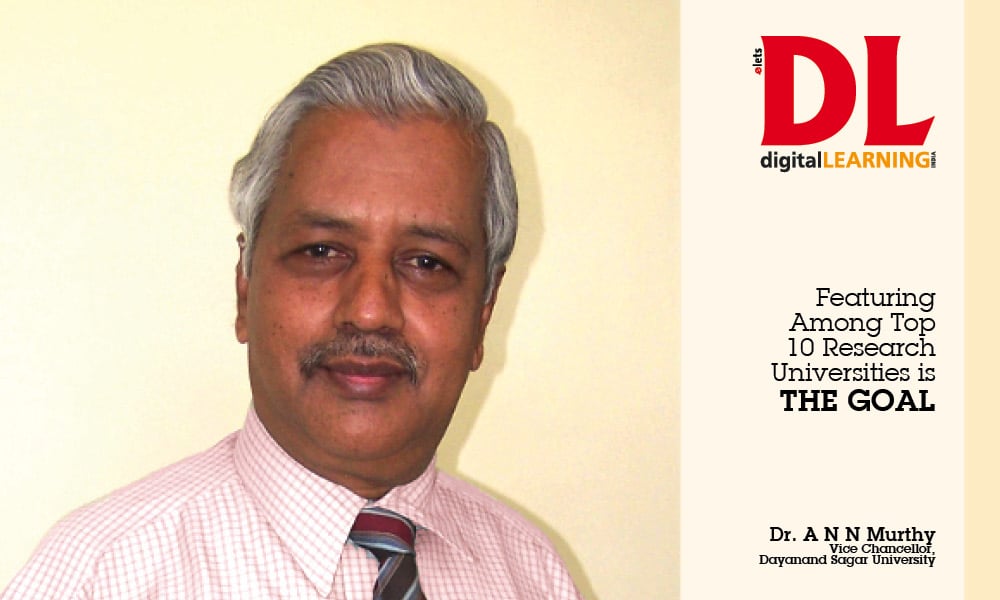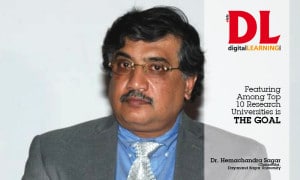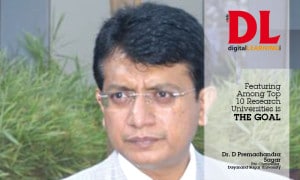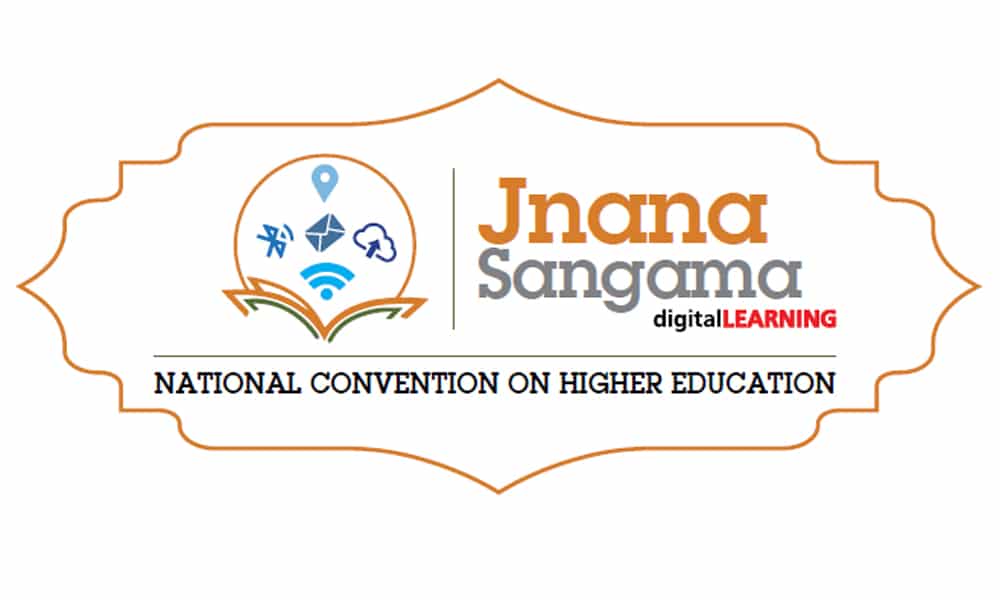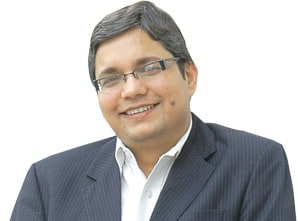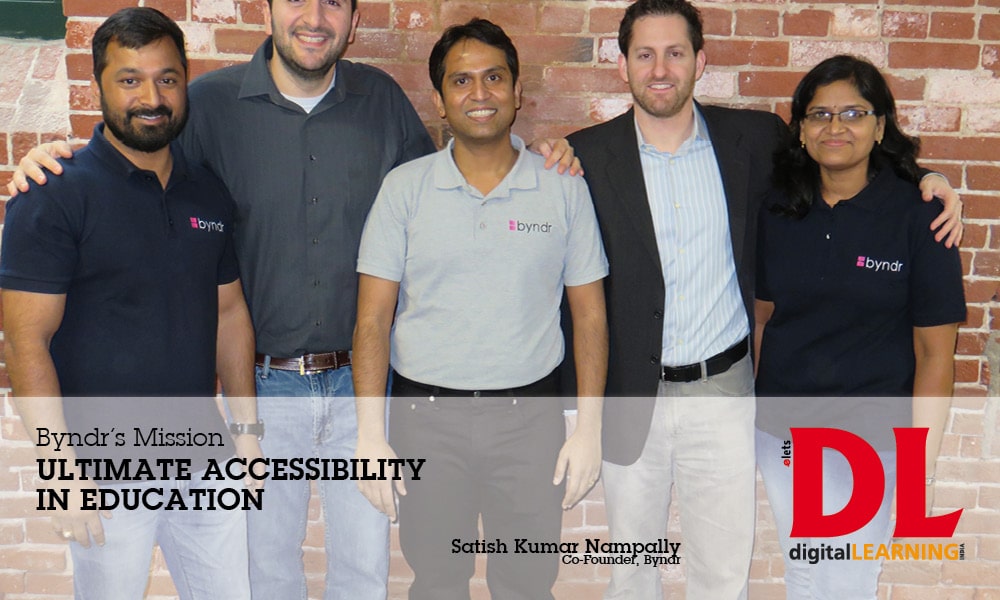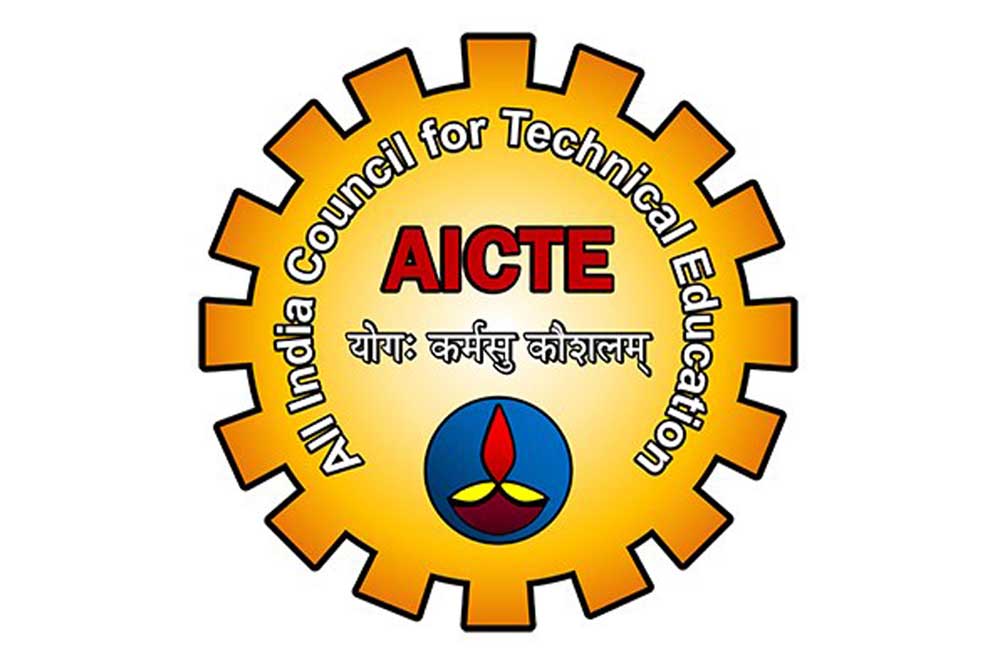The roots of TERI University can be traced back to 1998, when ‘TERI School of Advanced Studies’ was established. The School was subsequently renamed as the TERI University in October 2006. The University was conceived to cater to the need of disseminating the vast reservoir of knowledge created by TERI, a not for- profit, independent research institute recognised globally for its contribution to scientific and policy research in the realms of energy, environment, and sustainable development. Since its inception, the University offers not just world-class education, but also an environment that enables its students to develop fresh perspectives on their subjects of study. In an exclusive interview with T. Radhakrishna and Sudheer Goutham of Elets News Network (ENN), Dr. Leena Srivastava, Vice Chancellor of TERI University, shares the genesis, vision and outlook of TERI University
Can you explain your vision for research at the University?
India, as well as the whole world, today are faced with several existential crises around climate, water, energy, food and several other issues. Whereas, in the past we had the luxury of time to experiment with solutions, today, we have to focus on designing and delivering on systemic solutions that maximise the probability of successful interventions. The research at the TERI University would leverage its interdisciplinary study programmes to encourage a blend of technical and socio-economic research, which would aim to create such systemic solutions. The University would also seek to strengthen its capacities on Institutional Design and Behavioral Sciences towards this end. Since sustainability pre-supposes resource efficiencies, we would also seek to integrate the application of Information Technology into our research.
Kindly mention the opportunities that are included in the University for operating on the global stage? The TERI University joins only a few other academic leaders that are pioneering academic programmes on sustainability sciences.
We already have a close collaboration with several of these leaders, either in terms of simply curriculum exchanges or including faculty/student exchanges too. We have recently initiated joint degree programmes with a couple of international universities. I hope that, over a period of time, we will be able to function seamlessly with our partners on identified initiatives through a more effective use of Information Technology.
Some key partner Universities that TERI University has had the privilege of working with include: The Yale University, USA; Columbia University, USA; Freie University, Berlin, Germany; Deakin University, Australia; Queensland University of Technology, Australia; University of Technology, Sydney, Australia; Utrecht University, The Netherlands; Rheims University, France among a few others.
What are the main strengths of the collegiate system?
The TERI University is a Deemed University under UGC regulations. As such, it is not permitted to affiliate colleges. We are, however, permitted to establish a few campuses across the country and are progressing on the first couple of such campuses in Guwahati and Hyderabad. We expect to be able to start offering preliminary programmes from these campuses by 2018, if not earlier.
Once again, our focus is to ensure that there exists no distinction on access to resources and quality faculty across our campuses through specially designed ITbased enabling tools.
The TERI University is a Deemed University under UGC regulations. As such, it is not permitted to affiliate colleges. We are, however, permitted to establish a few campuses across the country and are progressing on the first couple of such campuses in Guwahati and Hyderabad.
What do you consider to be the main challenges facing your University?
Our University offers interdisciplinary programmes on various sustainability themes. While sustainability concerns and awareness is increasing in leaps and bounds, this has not as yet fully translated into competitive employment opportunities for students. I have no doubt that very soon our students would be demonstrating the value they bring to any workplace through their contributions to society. We also have to actively increase our visibility and outreach, so that we may facilitate the creation of this ‘market’ for sustainability skills.
How would you like to build on the success of your University’s legacy?
The TERI University is as yet a young University and is still growing. In the last 4 years that I have been at the University, we have added a new programme every year. Each new programme is designed to strengthen the links necessary to provide systemic solutions. Given the exposure of our students to theory and practice, we would now like to establish an incubation centre for sustainability solutions, which would also be open to students from other Universities or other desirous innovators
What, according to you, would be the real success for the University?
Success to me would be in the form of our students becoming the visible drivers for the change that they would like to see in society (paraphrasing Mahatma Gandhi here). Since they would bring about this change by being embedded within organisations, I expect that they would drive this change from within, thereby making it more sustainable.
Success would also be in the form of a more active demand for a larger number of our students, with the value systems that we are honing in them. Together, I hope we can create the force to drive India towards a more sustainable development pathway.
Finally, success would also reflect itself from more sponsored research opportunities for the University and more industry funded Departments/Chairs in relevant subjects.
Success to me would be in the form of our students becoming the visible drivers for the change that they would like to see in society. Since they would bring about this change by being embedded within organisations, I expect that they would drive this change from within, thereby making it more sustainable
How do you continue to recruit and retain the very best staff?
‘Best’ is a value term that cannot be defended. Our attempt is to attract faculty members, who align with our vision of interdisciplinary learning, who are highly committed to their students, undertake active research that would add to both society and academic curriculum, and who themselves are engaged in a continuous learning process. Once we create this culture in the University, and I believe we are getting here, a process of natural self-selection happens which we can aid by designing the right incentive structures. We are still on the learning curve on this subject.
What are your plans for Alumni relations?
We have a registered Alumni Association, which has elected office bearers in place. While this association organises annual event and also encourages Alumni to share their experiences with current students, the University is also trying to see how it can provide continued support to its alumnis. Targeted news services, free participation in events, access to learning resources, etc. are some of the avenues that we are exploring.


